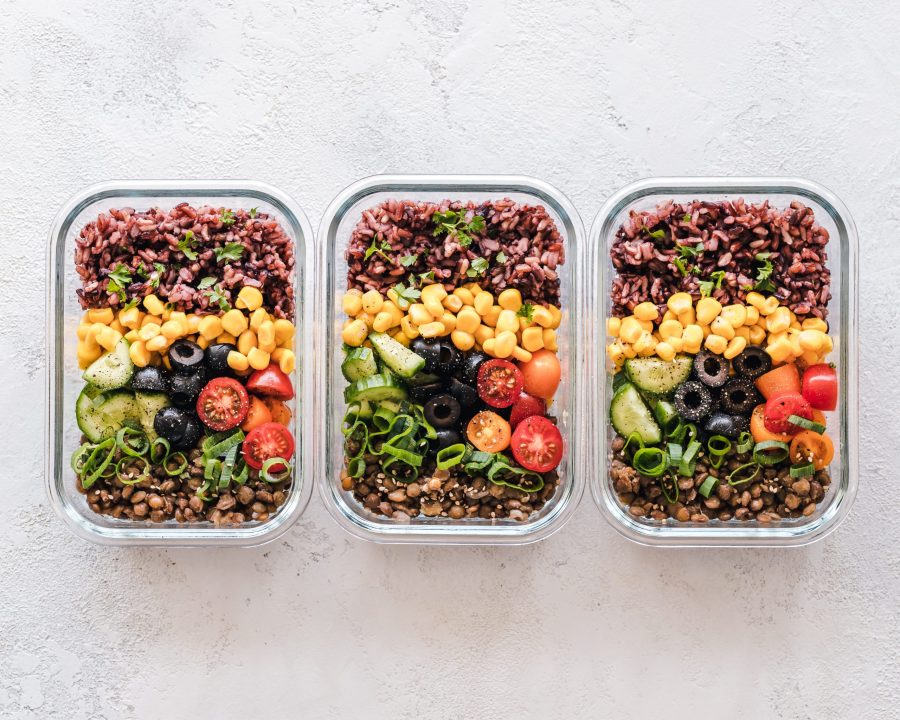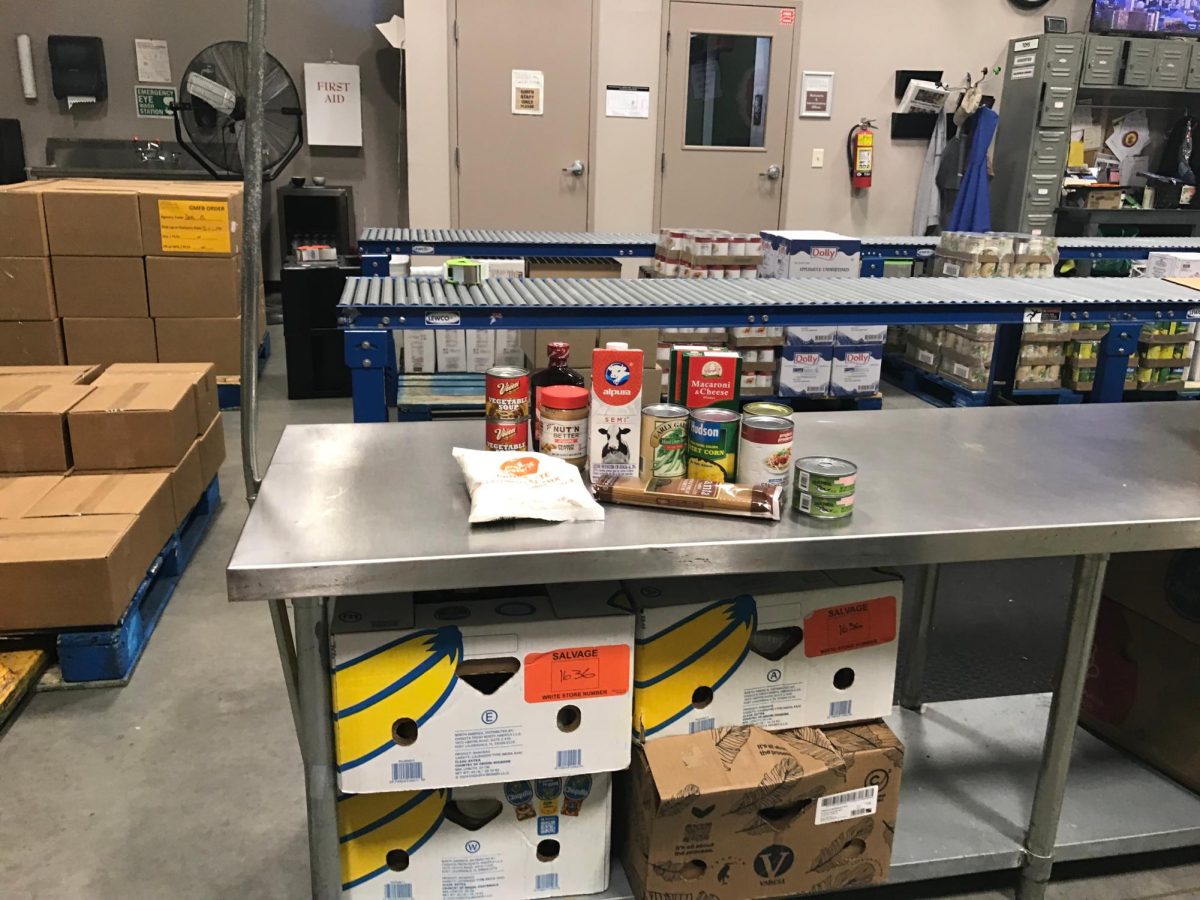Food is complex and unforgettable; it provides nutrients and the ability to heal. It’s a language that everyone can understand and enjoy. There is no boundary or limitations put on food. You can see, smell, and feel it genuinely embracing the wonder that food holds for millions of people.
It’s an extension of people’s cultures that brings reassurance and peace. When you eat a comforting meal, you don’t think about the calories, fats, sugars, or protein you are consuming.
However, for some people, that’s all they can think about when they see a bowl of pasta tossed with heavy cream, chicken, and topped with parmesan cheese; they don’t see food, only numbers, and calculations.
They think of how many hours of exercise they will have to do that week to burn off those calories or which meal they should skip that day. Food is their worst nightmare. Every day it’s an ugly emotional battle not to overconsume a specific amount of calories.
Counting calories can become an obsession for many people. However, according to Web Md, “when you count calories every single time you eat something, you take what could be a happy, joyous and nurturing experience and turn it into a source of deprivation, stress, and negative self-talk.”
They explain how it’s not about the number of calories you consume rather the quality of food. A study was conducted where people ate “junk food” and stayed under calories but gained more weight than people eating nutritious food.
Counting calories is a dying art that only causes mental stress.
Maria G. Galarza, a Clinical Dietitian who focuses on diabetes education at The Longstreet Clinic, offers insight into the world of calorie counting.
She explains that it’s rare to suggest calorie counting to a patient. Since working at the clinic in 2016, she has only had two to three people count calories.
The need for counting calories depends on the patient and their needs. For example, if a person has a low chance of developing an eating disorder, she will recommend that they track their food to understand how much they are consuming and if they need to cut back their intake.
Galarza describes how there are two schools of thought regarding weight loss. One is medical weight loss with replacing a meal with one shake or behavioral modification.
Behavioral modification is the idea is that a person will incorporate small changes to their routine to help create a calorie deficit without actually thinking of calories. Getting up every day and taking a 15-minute walk can help develop a foundation for healthy habits.
She explains that various factors are associated with a person’s ability to go on a calorie deficit, such as their medical history, societal environment, finance, and lifestyle.
“If it’s a single mom with six kids, calorie counting is not going to work because they won’t have the time,” said Galarza.
Galarza describes specific signals she looks for if a person is becoming too obsessed, like being stressed out about their food choices and attaching emotions to everything they eat. She explains that it’s not truly about the food but external factors that influence your view.
For example, dieting, being rewarded with food, or hearing your parents talk about their size can change the way you view food.
There are proactive approaches to help people struggling by looking at the root and understanding why they are attaching an emotional development with food.
“Food should be guilt-free, and if they are overly invested emotionally and psychologically, then a referral should be made to other doctors to provide them with proper assistance,” said Galarza.
It can also be beneficial to provide education on the food to let people understand what they are consuming and allow them to have the freedom to eat.
“It all boils down to a healthy relationship with food. You can not count calories and have a healthy relationship with food. It can be a tool to help you gauge your intake a little bit on where you are taking in the extra, and at some point, it has to become intuitive.”- Maria Galarza
Calorie counting is time-consuming and rigorous to understand because there is a lot of training involved on how to count calories and portion food. Otherwise, a person may not see desired results.
There is no set number for a healthy calorie deficit because you must consider activity level, muscle mass, gender, and stress. Therefore, the number still might not be exact for a person who wants to lose weight.
Counting calories can be used as a tool to help understand and create accountability for yourself and Galarza says that a good time frame is a week.
Some alternative methods that Galarza offers are behavioral modification and goal setting, which create sustainable habits a person can make to adapt changes into their everyday lifestyle.
Food should hold no power over you. You should not be afraid to eat or be worried. Don’t let it stop you from living your life because it’s not a person, it doesn’t hold any dark and terrible secrets, so don’t punish yourself for eating.






























